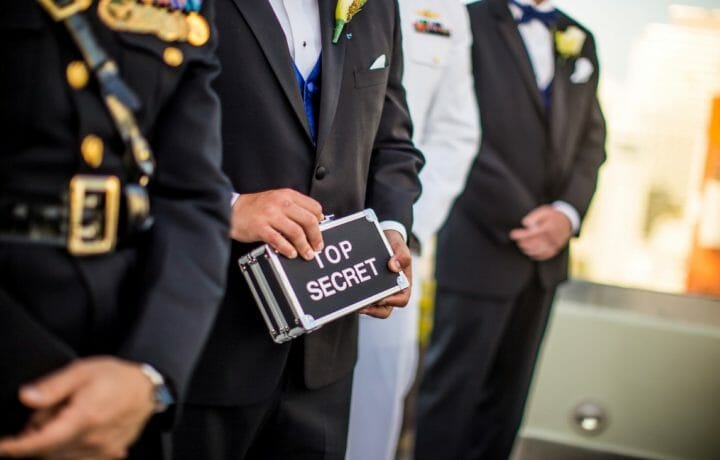Covert messages. Secret suitcase transfers. Subtle changes in appearance. It’s all the type of tradecraft that forms the hallmark of espionage: subterfuge.
CIA applicants no doubt expect to engage in this type of behavior during the course of their career. But it’s unlikely that many expect to be a target of the very same slight-of-hand before they ever draw a paycheck. The CIA’s dirty little secret is thus how it treats its applicants.
THE GAMES SPIES PLAY
If you’re lucky enough to make it through the endless security “processing” and psychological games that constitute the Agency’s hiring process, the CIA may be a great place to work. But if you are, as anecdotal evidence suggests, like most applicants, that doesn’t happen. Instead, you can expect to receive a security clearance denial – often based upon grossly inaccurate or head-scratching reasons – which you’ll be lucky to have the chance to rebut next year. “It’s a slow process” would be an understatement.
Certainly the CIA needs to weed out those applicants who truly pose a threat to national security. No one – not even this defense attorney – is going to begrudge them that. But there is arguably a way to do it that also protects applicant due process and ensures basic fairness. DoD, DHS, DOE, and most other agencies in the federal government have figured that out.
Instead, a first-level CIA security clearance denial is literally the end of the road for a job applicant. Sure, there is a right to appeal, but even a successful appeal results in a mere consolation prize. Namely, the removal of the denial from one’s record and the right to re-apply (i.e., start all over) for a job. That’s right – after years of being put through the ringer, an applicant who falls victim to inaccurate or contextually-lacking information developed during the background investigation gets summarily tossed from the application process. I always dread having to explain that to prospective clients. Our office sees more than a few tears from people who suddenly realize that the multi-year odyssey they’ve undertaken in pursuit of their dreams was all for naught.
THE REAL SLIGHT-OF-HAND
So why would an agency that spends 2-3 years and thousands of dollars cultivating an applicant drop him or her without even a second thought? Why not make initial denials preliminary and let successful appellants continue with processing?
Let’s just put it this way: Credible sources tell us that the Agency – knowing that many applicants will wash-out during security processing, and unable to reign-in its own security office – secretly extends multiple job offers for every one position. CIA hiring becomes a real-life practice in Darwinism. The first one to make it through gets the prize.
And the rest? Well, a security clearance denial to nowhere is an easy way to get rid of them.
This article is intended as general information only and should not be construed as legal advice. Consult an attorney regarding your specific situation.




